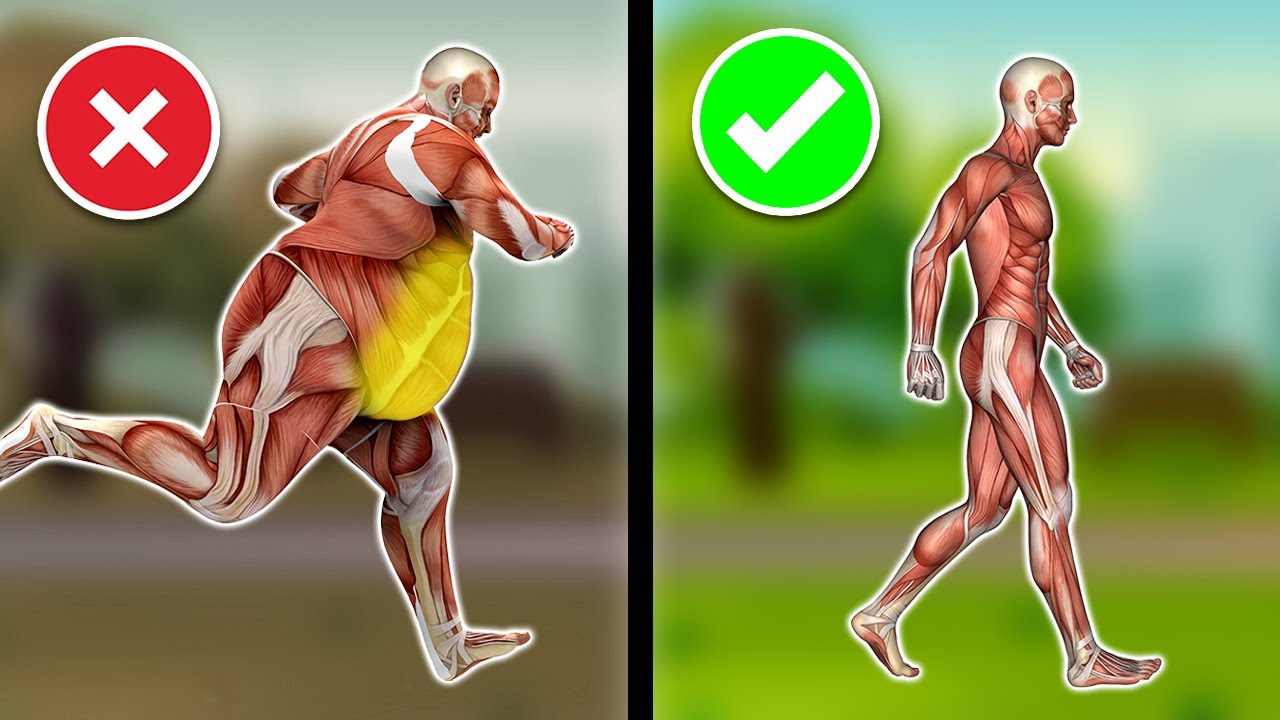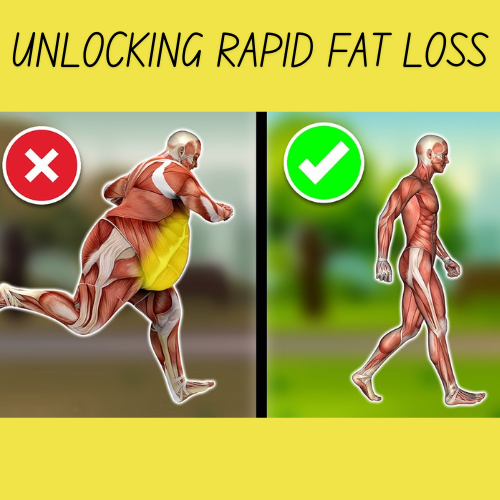Understanding the Basics
Lose weight fast is a common goal for many people seeking to improve their health and appearance. While there is no magic pill or quick fix, there are effective strategies you can implement to shed those extra pounds. Before diving into specific methods, it’s essential to understand the basics of weight loss.
Calorie Deficit is Key
At its core, weight loss is about creating a calorie deficit. This means burning more calories than you consume. To achieve this, you can either reduce your calorie intake, increase your physical activity, or ideally, do a combination of both.

Strategies for Rapid Weight Loss
Now that you understand the importance of a calorie deficit, let’s explore some strategies to help you lose weight quickly and effectively.
Follow a Balanced Diet
Eating a balanced diet is crucial for sustainable weight loss. Focus on consuming whole, nutrient-dense foods such as fruits, vegetables, lean proteins, and whole grains. Avoid highly processed foods, sugary snacks, and excessive amounts of unhealthy fats.
Incorporate High-Intensity Interval Training (HIIT)
High-Intensity Interval Training (HIIT) is a powerful exercise method that can help you burn calories and fat in a shorter amount of time. HIIT involves alternating between short bursts of intense exercise and brief periods of rest or lower-intensity activity. This type of workout boosts your metabolism and continues to burn calories even after you’ve finished exercising.
Stay Hydrated and Limit Liquid Calories
Drinking plenty of water throughout the day can help you stay hydrated and control your appetite. Sometimes, thirst can be mistaken for hunger, leading to unnecessary calorie consumption. Additionally, be mindful of liquid calories from sugary beverages, alcohol, and high-calorie coffee drinks, as these can add up quickly and sabotage your weight loss efforts.
Read Also: The Ketogenic Diet for Fat Loss: A Simple One-Day Meal Plan
Lifestyle Changes for Long-Term Success
While rapid weight loss can be motivating, it’s important to focus on sustainable lifestyle changes to maintain your results in the long term.
Prioritize Sleep and Stress Management
Getting an adequate amount of sleep and managing stress are essential factors in weight loss and overall health. Lack of sleep and chronic stress can disrupt hormone levels, leading to increased appetite and cravings for unhealthy foods. Aim for 7-9 hours of quality sleep per night and incorporate stress-reducing activities such as meditation, yoga, or deep breathing exercises into your daily routine.
Monitor Your Progress and Adjust Accordingly
Tracking your food intake, physical activity, and progress towards your weight loss goals can help you stay accountable and identify areas for improvement. Keep a food journal, use a fitness tracker, or take progress photos to monitor your journey. If you hit a plateau or encounter challenges along the way, don’t get discouraged. Instead, reassess your habits and make necessary adjustments to keep moving forward.
Conclusion
Why Rapid Fat Loss Isn’t the Best Goal
Losing weight quickly might sound good, but it can cause more harm than good. Here’s why:
- Loss of Muscle and Water Weight: When you try to lose weight fast, you often end up losing muscle and water weight instead of fat. This can slow down your metabolism, making it harder to keep the weight off.
- Yo-Yo Dieting: Rapid weight loss often leads to a cycle of losing weight and then gaining it back. This is called yo-yo dieting and can be frustrating and unhealthy.
- Increased Appetite and Decreased Metabolism: Losing weight too fast can make you feel hungrier and cause your metabolism to slow down. This means your body burns fewer calories, making it harder to maintain weight loss.
- Nutrient Deficiencies: Crash diets that promise quick weight loss often lack essential nutrients. Plus, much of the weight lost quickly is just water weight, not fat.
The Benefits of Losing Weight Safely
Taking a slower approach to fat loss has many advantages:
- Maintain Weight Loss: Losing weight gradually makes it more likely that you’ll keep it off in the long run.
- Improved Health: Slow weight loss can improve your blood pressure, blood sugar, and cholesterol levels, reducing the risk of heart disease and diabetes.
- Lose More Fat: Gradual fat loss is better for losing actual fat, not just water weight.
- Relief for Joint Pain: Losing weight can ease pressure on your joints and reduce inflammation, which can help with joint pain.
Potential Side Effects of Rapid Weight Loss
Losing weight too quickly can have some nasty side effects:
- Loss of Muscle and Bone Density: Rapid weight loss can cause you to lose muscle and bone density, which isn’t good for your overall health.
- Fatigue and Digestive Issues: You might feel tired and have problems with your digestion if you lose weight too fast.
- Increased Risk of Health Problems: Losing weight too quickly can increase your risk of health problems like gallstones and gout.
Who Should Avoid Rapid Weight Loss?
Children, teenagers, pregnant women, and older adults should be especially careful with rapid weight loss. It’s always best to talk to a doctor before starting any weight loss plan.
Final Thoughts
Losing weight slowly and steadily is the best way to go. It’s healthier, more sustainable, and better for your overall well-being. Focus on eating nutritious foods, staying active, and taking care of yourself. That way, you’ll not only lose weight but also feel better in




